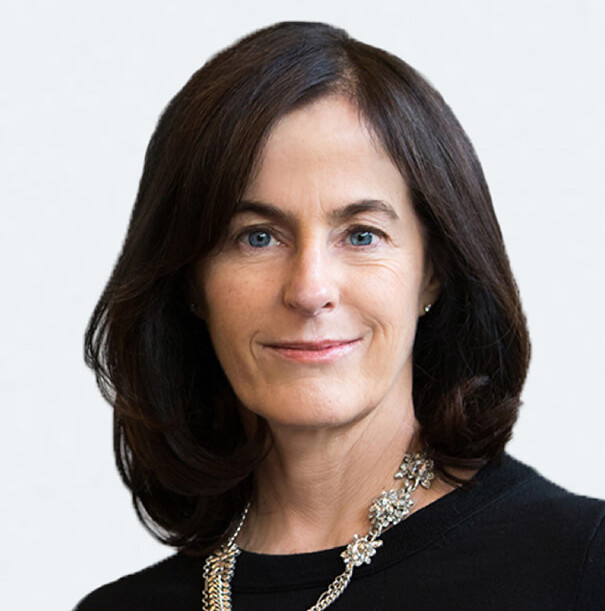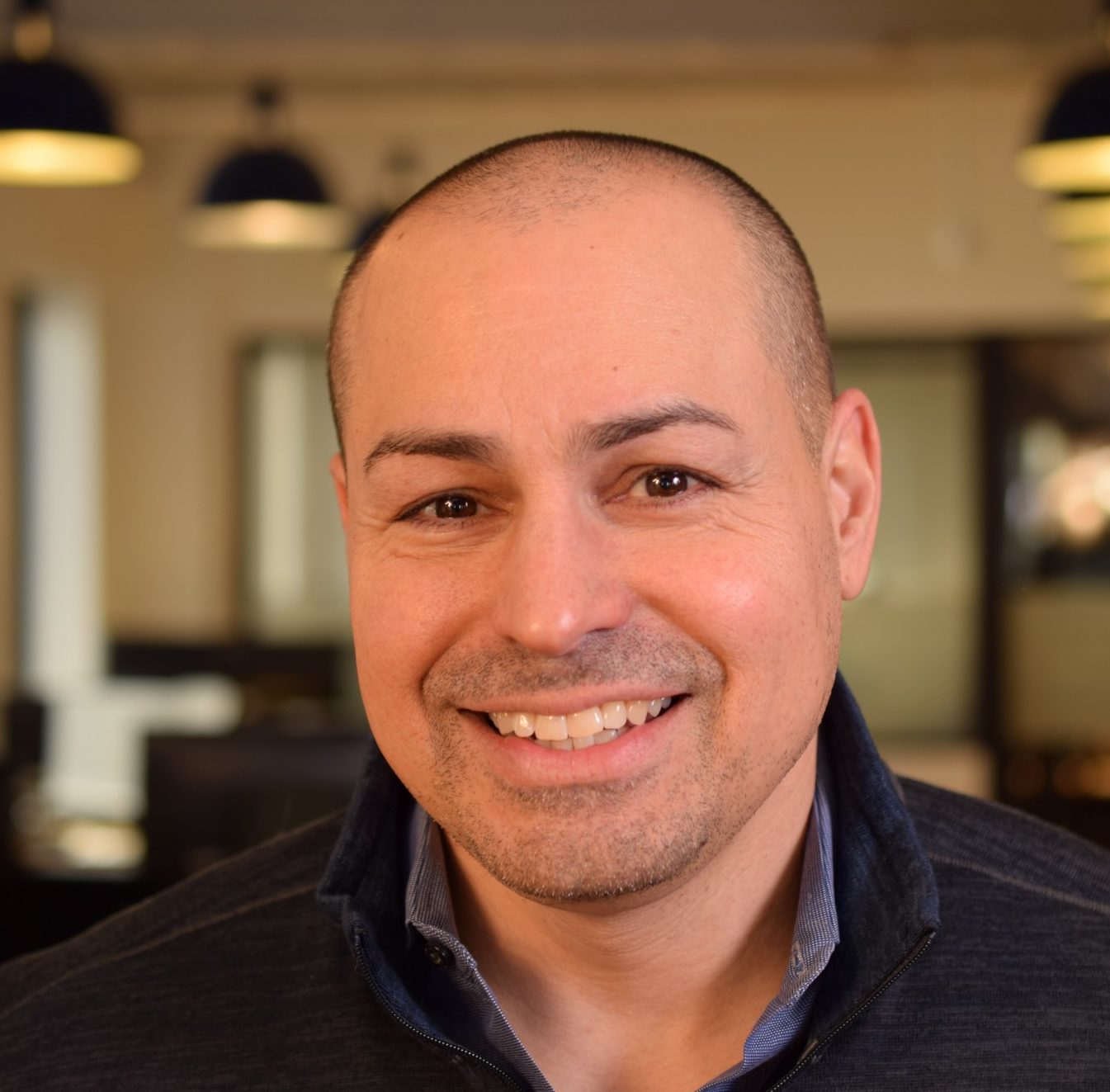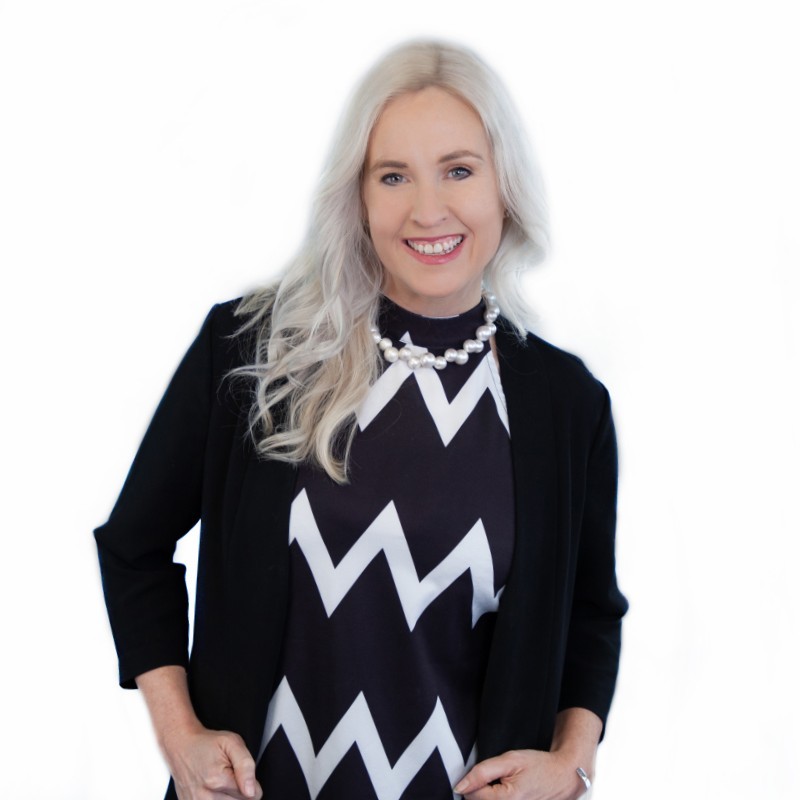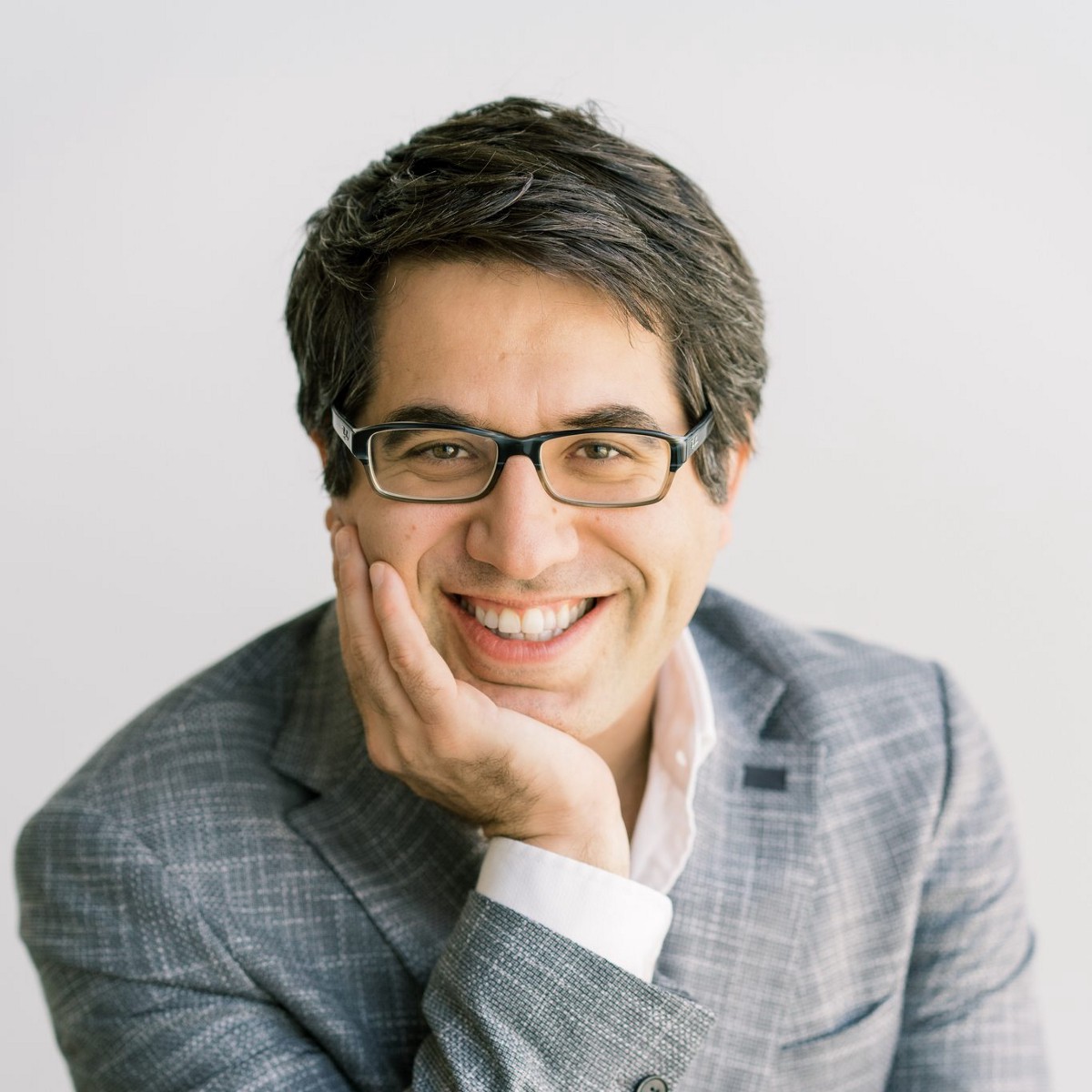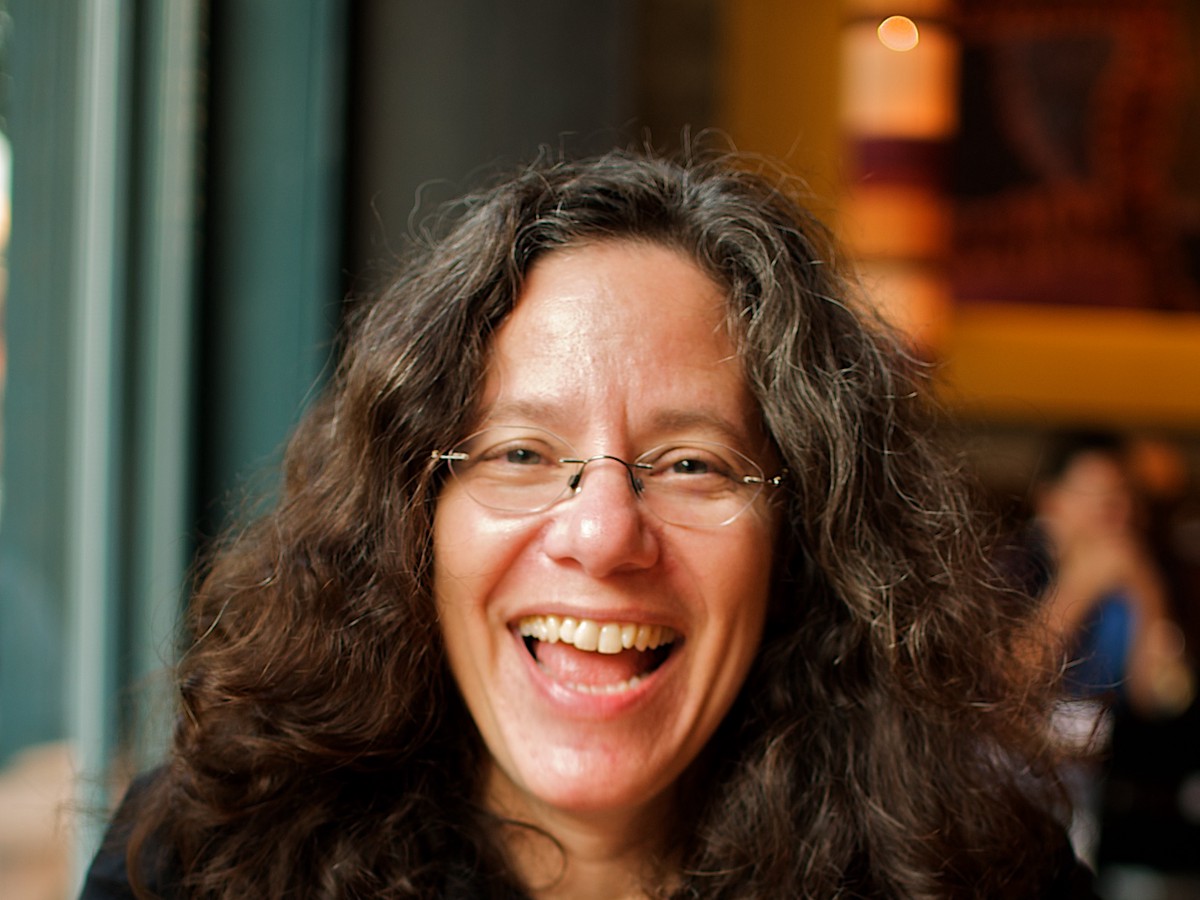You think everything is in order. You’ve got highly talented people. You’ve got a captive market. You’ve got the best tools.
So why does it feel like you aren’t going anywhere?
Deidre Paknad is the CEO of Workboard, and she knows a lot about growth drag.
Getting aligned
Deidre said that her teams have probably had about 10,000 OKR sessions with customers. “99.5% of them thought they were aligned going in and found out in an hour that they weren’t aligned.”
If your team isn’t aligned, it’s likely because you let people make assumptions about a lot of things. Deidre says that it’s very common for businesses to operate on a high degree of assumption and a low degree of alignment. Bring clarity as soon as possible.
We used to all get it
One common issue that founders face is that alignment was tight in the early days. Deidre says that you “get alignment for free” when a company is less than 20 people. You quickly pivot and iterate and everyone knows what needs to happen. But as you grow, you have to start doing things intentionally that you used to get for free. When you have 100 people, you must be even more explicit about removing any assumptions. Deidre says, “You’ve got to be intentional as you start to scale.”
One quick test to know the level of alignment in your team: how quickly do new people start speaking your language of objectives? New folks will have lots of assumptions and it’s your job to address those as quickly as possible.
Another drag
We also talked about the drag that the pandemic has laid on everyone. You no longer have the weekends and other time to recharge around people like you used to.
In order to help people reset for a new chapter, Deidre is giving the entire company the first week off in July to rest and recharge their mental, social, and emotional batteries.
Deidre loves her team and said while the pandemic was tough on everyone, she thought the team did fantastic.
“I’ll pandemic with these people anytime.”
Links
Welcome back to The Digital Workplace podcast. Today our guest is Deidre Paknad. She is the CEO and Co-Founder of Workboard. Hey, Deidre, how are you today?
I’m great. Nice to be on your show.
Yeah, I’m very excited to have you on our show. It’s a fun time to be talking with you. You have a cool company and a cool product that you get into. But before we do that, I do want to start off with what we call a capture question, which is a kind of surprise for you. We just want you to prove your humanity. So, your question, that you’re unprepared for is, what Olympic sport would you love to compete in, assuming that you are trained, you are prepared, everything qualified? What’s a sport you’d love to be in the Olympics in?
Downhill skiing.
Downhill skiing. Like the super-fast slalom stuff?
No, not slalom downhill.
Okay.
Steeper run.
Yeah. Man, I feel like that’s a fun thing. I never grew up around mountains. So, even to think about downhill skiing is like, ‘Oh man, that’s totally foreign for me.’ For myself, I’ve always had this obsession with wanting to be a good curler.
Oh, is it?
Because it kind of reverses the question. But it’s the one sport that I feel like even if I started now, I could still make it into the Olympics. I don’t need to start as a six-year-old, training for it. So, that’s the one I always hold out on.
Modifying your dream so you can still live them. That’s fun.
Yeah, that’s where I live. Cool. Well, Deidre, tell us about Workboard. What is it? And how did you get started?
Workboard is a software company that helps its customers, get everybody aligned on the strategic priorities, really capture, and memorializes, make those very transparent, so that teams are super clear on the outcomes to drive and members of the team have that transparency wherever they happen to work. And along with that alignment, we think about simplifying the effort it takes for teams and for companies to drive accountability. So, we automate a bunch of things like management dashboards and monthly business reviews and all the, if you will, that archaeology that businesses do to try and say, ‘Where are we going? And where are we now?’
Yeah. And it’s a key topic. There’s a term that’s often used here. We’ve got to talk about OKRs. That’s something we’ll get into in a second. But first, I want to talk about the concept of growth drag, which is something we discussed as we were preparing for this topic. Tell us what you mean by growth drag. Where have you seen that elsewhere? And what do leaders hear when they hear that term?
Yep. So, to me growth drag is, in some ways, a kind of a visceral statement. But it describes the sort of experience and the impact of a misalignment, misdirection, misguided efforts, and a lack of focus. So, if you’ve got a 100 people, or a 100,000 people, and 50 of them don’t know where we’re going, don’t know what it is we’re trying to accomplish, or 50 of them have a set of assumptions about what we’re trying to accomplish, but the assumptions are hard to see and are not in fact aligned, then your 100 person or 100,000 persons effort has a lot of growth drag. Half of the people on the journey are headed in the right direction. And so, you get half as far, half as fast. That’s drag on the organization’s potential to grow and potential to drive results.
Yeah, and I think we’ve all seen that or felt that or been in the middle of that when you’re involved in a project or a company where you have the people in line that you need, you feel like you have the funding to do it, but you’re just not getting there. You’re not getting to that place. And if you look around, it’s like, what’s our problem? It just feels like when companies reach a certain stage, that becomes a very, very real thing that they deal with. Have you talked to a lot of people who feel that same feeling?
Yeah. At Workboard, we obviously provide an OKR platform and the software that helps us know what we set out to achieve. But we also provide and do a lot of OKR coaching, which is actually helping teams get aligned in the first instance, right. And we do that, and maybe over the years now we’ve probably done 10,000 OKR sessions, from executive teams in very large organizations to tech support teams at the front line in startup organizations, and everything in the middle. And 99.5% of the teams that we set out to do an alignment session, 99.5% of them thought they were aligned going in and found out in an hour that they weren’t aligned. There were just dozens of assumptions that everybody was operating on and they really didn’t have clarity and alignment on what it is they were trying to achieve and how they would define success for that. And so, we really operate our businesses on a high degree of assumption and a low degree of alignment.
And when we get people in a room and start talking about what we’re trying to accomplish, you find out how much assumption it is you’re driving with rather than how much alignment you’re driving with. Where I think there’s a kind of a shift forward is, when you start to think on the other side of that, ‘Okay, we are really, really clear on our intentions. We’re really, really clear on how we measure success if we achieve those intentions.’ Part of it is to get to a common language, common syntax, and then that starts to make it easier to actually have the conversation and then get aligned and stay aligned over time.
I see it a lot with people who are founders, who, at the start, it feels like everyone’s aligned, everyone knows what’s going on. But then, why is it that they feel like OKRs is something like ‘Okay, I’ll get to that later.’ It’s like getting that exercise routine. Okay, one day when things are improving, then yeah, we should do OKRs. OKRs are important, but I’m not ready for them yet. What is it about that level of company that sometimes it’s hard to get over and cross before people start thinking about these OKRs?
Yeah, great question. So, when you’re a small company, right, when you have, let’s say, 20 people or less, alignment, iteration and focus come absolutely free. They’re so natural. They’re so a part of what that first five people, first 10 people, first 20 people are doing. You are continuously iterating. You are continuously challenging your hypotheses, and you’re maniacally focused on testing and proving out those hypotheses. It’s in the nature of starting something, right? It’s natural in that environment. What happens is, after you get a little bit of success at that, and you start and you’re running and operating and you add people who are joining to help to drive scale, as opposed to invent, which is what’s happening in that first 5,10, 20 people.
As you start to add scale, you start to add people and you start to think about, how do you refine and scale, what happens is, you don’t have, or you lose the free alignment and free iteration and free focus that you had earlier. You have to then start to be intentional, about iterating every quarter on what your assumptions are and realigning on what your hypothesis is next and forward. And you have to get really intentional about driving focus. Because as you start to get bigger, there are a zillion things you could focus on, but there are very few that you should focus on. That’s true at every single team level. So, as you start to grow it, you need to shift to intentionally doing that which was natural and built in for free in the beginning. You’ve got to get intentional as you start to scale.
And I think one of the things we found is, well, it’s not crucial in the beginning to do OKRs or use a method. What is helpful is betting on your own success. So, if we start with a common syntax for, how we’re going to frame our intentions and how we’re going to define and measure success, and what and how we’re going to focus. We have a common language for that from the beginning. As we add 10 people, they come into one language and can quickly understand what’s being said and how and understand the framework for what we’re aligned on, how we iterate and what we focus on. And then when you add a 100 people, you add a really strong muscle motion that really works.
And in our case, when you add 80 people in a quarter, as we did in Q1 this year, they dropped right into immediately being able to understand where we’re going, what strategic priorities are, what our intent is with every single team, what outcomes every team is trying to drive and how it all fits in the big picture.
In other words, they can just drop into contributing to the business we’re trying to grow.
So, when you’re young, you might think about it not as, ‘Do we need it yet?’ You might think about, what are the foundational things I need to have in place to grow the company quickly, not just this week, but just to grow this company, period. The other thing I would say is, don’t let the acronym get in the way. Right? Do we need OKRs? Nobody needs OKRs. Ask this question instead, ‘Do we need to be results aligned, clear about our intentions, iterate quickly and be really, really focused?’ Because the answer to those questions is ‘yes’. The answer to, ‘Do I need another process?’ is, ‘no’,
Yeah, definitely, I hear that. And I really like that you bring up the idea of iteration. Because I think a lot of people who are in that founder level, that 20 and below, they feel like, ‘Yeah, we have our mission. We have our objective. We have our ultimate goal. It’s out there. We’ve been talking about it since the beginning. It’s been going and going and going.’ And they may not realize that that has changed. And once they cross that 25,30,50 people, that there’s an iteration that didn’t get discussed. And now, even maybe the founder is assuming that we’re still operating off of or at least their communications still off of earlier ideas. But things have changed, and we haven’t updated those. I think that’s a really important piece a lot of people don’t think about.
I think we should reiterate in two cycles or two arcs. So, there is a short term iteration, every quarter. What’s true outside? What’s true inside? What’s our hypothesis on how we create the most value in the next 90 days? How are we going to measure it? Go. Right. We iterate every quarter. The world moves that fast right now. And then there’s our long range, long arc. So, what’s the North star? What’s our vision and our mission? And that I think we should be clear about, the assumptions it’s predicated upon. And those assumptions like, ‘the markets this big’, ‘these customers will buy’, ‘they will get this value’, etcetera. And there’s probably six, eight major assumptions that underpin our North star, our vision, right? Those assumptions should ultimately connect to and be informed by the quarter over quarter results data you get.
Did those customers really buy? Is the market really that big? Can you really penetrate it that quickly, etcetera? And so, if you think about it as two loops, there is a short quarter cycle of high iteration, high urgency, high focus, which is really also high learning. And then the longer cycle, that is our longer-range, vision, and our North Star. It’s iterating more slowly, right? So, it’s not chaos and we’re not going anywhere. We’re going like we have a long-term plan, but it’s also not brittle, fixed, and uninformed by our current experience and what we’ve learned in the last 90 days. So, think of those as two cycles, one smaller, faster, and one longer, slower, in the same orbit.
Deidre, can you tell us about your own experience in this? You talk about adding 80 people in a quarter and you guys are in growth stages. What’s been growth drag for you? Has it been pretty easy? Have you been able to set the foundations and you’ve been a success story? Or have you had your bumps along the way, turbulence types of things? Or what have you experienced?
So first, I think it’s hugely important to state, there is no bump-free ride. The idea that there’s overnight success or the idea that there is a pain-free entrepreneurial journey, that’s just a lie. It’s a fraud. Don’t buy into that. I think for us, we use our own rhythm, etcetera. So, that’s not where our bumps are, right? Because that’s a pretty smooth and pretty structured process and it’s incredibly transparent. That rhythm just works in our business. And so, that’s not where we hit growth headwinds and so on. Where and that’s one of the biggest bumps for us is, and I shared this situation I think with quite a few entrepreneurs and co-founders in our stage, right.
So, we entered 2020 at super high-speed. Higher investment. We’d just closed a round of funding with Andreessen Horowitz, and so we’re like, ‘Okay, let’s invest hard’. And then 90 days later, there’s clearly going to be a recession. Right? You don’t have any idea whether the impact on your customers’ industries is cataclysmic or temporary. And so, you slow down investment, pause that, and then for us by Q3 and Q4, it was super clear that the pandemic situation made our offering more important. So, we had to accelerate back to super high speed. And that accelerate-stop-accelerate, that’s bumpy motion for us, for sure.
And what, unlike a whole bunch of other entrepreneurs saying, ‘I wish I’d known in Q2 what I learned in Q3, because then I’d do the things a little bit differently.’ But that stop-start, I think that’s hard. And it was particularly hard for us. And I think for most people in an environment where our business needed to restart and accelerate really, really quickly. The world around us was still incredibly chaotic. And so that was bumpy for the company, bumpy for the human beings in the company.
Well, let’s keep talking about human beings. Because that’s another topic that we want to get into. We’ve been in this pandemic for more than a year now. Another growth drag that we often feel is this drag of needing to recharge, needing to get going. I know that’s been difficult across the country. You’re located in the heart of Silicon Valley. And obviously, you guys have been under a little bit more of a lockdown than it is in some other areas. What’s that been like for you personally and for your team, in terms of trying to find this recharge that we used to get all the time but haven’t really been able to experience?
Yeah, it’s an awesome question. I think in some ways every quarter, kind of the last five quarters was like a whole year all by itself, right? Because the phases of the, if you will, the pandemic and our reaction to it were so different, right? There was fear and paralysis in Q2 last year, followed by, ‘Thank God, we can go outside. Maybe it’s going to be okay in Q3’, followed by, ‘Oh god, no. We can’t. We have to go back to the bunker in Q4’, followed by, ‘Phew! It’s a new year. It’s all going to end in Q1’, followed by, ‘Vaccines. Thank God. I’m so tired’. Right. And in this ‘I’m so tired’ wondering, okay, but why am I so tired? Right. Why? I didn’t travel 150,000 miles as I would have. And that’s tiring. Like, why am I so tired of it?
You and I chatted about this a bit before. I think it’s because the things we would have done that are renewing to us, renewing our spirit, renewing our energy, like meeting with family, going out with friends on the weekend, the social interaction, the personal stuff, that is also how we create time off for our brain, not just for our body. I think that, for me anyway, missing that is giant. That’s why I’m tired. Not actually tired of con-calls, not actually tired of talking to my teammates, and my customers. I love that. Why I’m tired is, there’s nothing besides that that’s feeding my energy and bringing energy in.
And so, I’ve started to be a lot more conscious, energy conscious specifically, like blocking time on my calendar, like big blocks over the week. So, I have time to think. I have time to pause. I block time to exercise, block time to go outside. And then I put those, that same topic, like ‘time to think and time off’, I put them on my, the east app agenda, like to think and breathe and recoup and recharge too. Right? Like we have to have the energy for urgency. And I think partly, it’s my job to make sure that that happens. And so, for example, I just told everyone that the first week of July, it’s off. We’re all off. 100% of us are off. Take your vacation you were going to take, but this week we’re all off. It’s a mandatory refresh.
And then what is it that you hope people will do during that time off? Because like we said, if you just say, ‘Oh, shoot. Okay, I’m not going to work but I’m just going to sit at home and watch Netflix all week.’ That doesn’t really recharge us in the same way. So, what is it that you’re really hoping from this time?
Well, my bet is that in that week in July, most of the states will have vaccinated most of the adults in the United States. And my bet is it’s pretty warm that week. My bet is that the pent-up need to be outside and gather will overwhelm anyone’s desire to watch Netflix. In fact, I’m predicting there’s a decline in Netflix consumption in the third quarter of 2021.
Yeah, let’s hope. What do you feel you’ve learned? Obviously, this is a, and we hope, once in a century type thing that comes around, but we’re learning things about humanity. We’re learning that we need these things to recharge. It’s not just stopping work. It’s not just the absence of work, but you need the presence of something that recharges you and that actually brings you back up to those things. Is there any way that you plan to change the way that your culture is, in order to make sure that people feel that recharge, and are almost mandated to get that recharge so they come back to work fresh? Or is there anything you’re going to change?
I don’t think I’ll make mandates forward future. I think, in some sense, that’s a function of the locked-up aspect of our last year. But to me, and I’m an incredible optimist, and to a fault. To me, I look at what’s the goodness that I want to take forward. And the thing that I want to take forward is, I am overwhelmed by the humanity, the compassion, the kindness, and the connection that my team shared and showed each other in the last 12 or 15 months. Just blown away by that. I’ll pandemic with these people anytime.
When I look at the big macro scheme of things, we had shared experience at such a global level, and it was so powerful. And while it’s easy to focus on the differences and the hate and all of the conflict, I think there are a zillion more examples of our commonality of experience and of our compassion. And for me and I think for lots of people, if you pause right now and you think about the hardships that people you know and others experienced over this last year, if you bring that into your mind for two seconds, just quiet your mind and think about that, I think most of us feel, just physically feel, more compassion for others than we have ever felt before. And I think that’s our new connection. And to me, it’s, ‘Alright. How do I take that forward? How do I not lose what we gained this year?’
Wow. I hear that so much and it resonates with me. And just thinking about our country, in the US, what a tumultuous year it was, just from a society standpoint, not even in taking out the pandemic and everything else we dealt with. And it seems, you read one set of news headlines, and it seems like we’re more at each other’s throats and divided than ever before. But when you really get into people’s lives and see how we support each other and see what the positive things that did happen during the pandemic, like, ‘Wow, we really did great in a lot of ways and we are much more united than before.’ So, I mean, I love the story. And I hope that it’s true for many people listening in and that they also feel that tighter bond with other people that they were in the middle of all this with and sense that empathy too. That’s a great lesson.
Yeah, just tell those stories, and let’s keep living those stories.
Yeah, absolutely. Well, Deidre, where can people go learn more about your product and about you?
Workboard.com. You can find us there. And I’m on Twitter, @day_dree. Easy to find in both places. Thank you so much for having me on your show.
Yeah, we loved having you. We hope to bring you on again some time to talk about these topics. Super important stuff, both on the alignment side, avoiding assumptions, and then also on just realizing the humanity of the people we’re working with. So, thanks for your time and we look forward to talking with you again soon.
Alright.
Deidre is a serial entrepreneur who has founded and led several companies, including Workboard. Her last company, PSS Systems, created a new market category and inspired deep customer loyalty from Global 1000 companies including ExxonMobil, Citigroup, Travelers, Novartis, Wells Fargo and others. It was acquired by IBM in late 2010; at IBM, Deidre ran the high-growth Information Lifecycle Governance (ILG) business, improving information economics for enterprise customers. She has 16 patents and has published dozens of articles.
